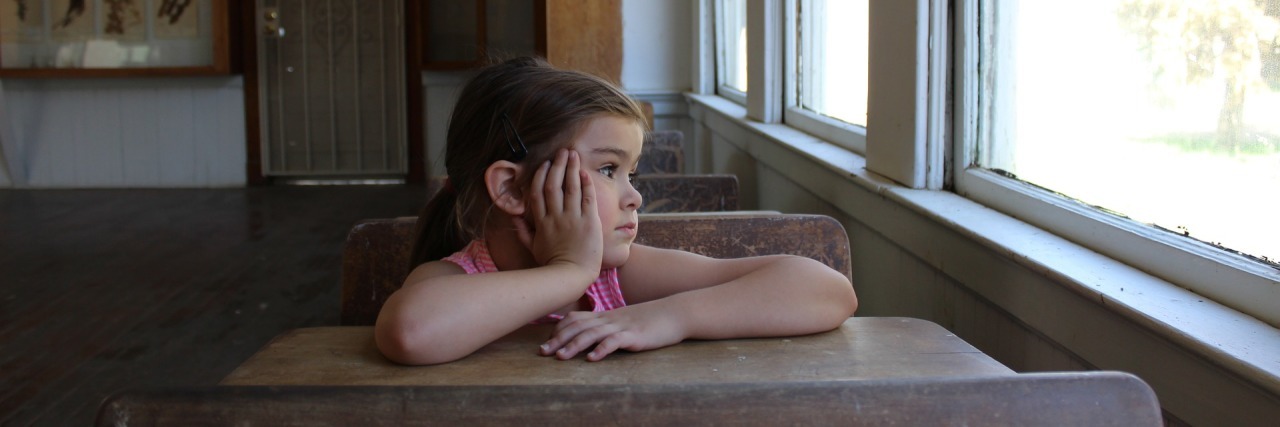We have seen dark and scary times recently for our nation’s schools. What should be a safe place of learning and experiences that shape a young person, now also includes intruder drills, active shooter scenarios, and training on what to do if someone enters the property with the intent to cause pain, death, and devastation.
Children have lives that matter, and we value our children’s lives. There is disagreement about how best to protect these children who get up every morning and head to school, innocent and unassuming. The debate is across every slice of society — at dinner tables, mom groups, school boards, state, and national government. The reasons for each view are aired on every major network, dominating prime time discussions and causing divide on every social media platform.
Yet, nothing is done. Nothing has changed in the way we handle this travesty which seems to reoccur like a terrible nightmare you can’t wake up from. There are so many “thoughts and prayers” for each new group of mourning parents and terrified school children, but what all of these people really need is action.
All children matter – their lives and their bodies. Why is it that another devastating phenomenon is occurring all around us without mainstream society being aware?
According to the National Organization for Rare Disease (NORD), there are upwards of 30 million Americans who are diagnosed with a rare disease annually. Over half of those are children, many of whom will not live to see their fifth birthday. That is more than 15 million American children who are suffering every year, with millions slowly dying from the disease that plagues their precious bodies.
These children matter — just like the children sitting in the desks at public schools across the nation.
People see children with rare conditions and again, offer “thoughts and prayers” to their parents and families. Most assume there is nothing to be done to prevent an “inevitable” death. This simply isn’t true. In the same way the parents of children who have experienced gun violence deserve action, parents of children with rare disease deserve attention and action.
Science has come to the point of mapping the entire genome. Because of this technology, many diseases are now understood in ways that make a treatment option clear and achievable for the first time ever. Yet, because of the small amount of children effected by each individual disease, development of treatments is not a “profitable” indenture for large pharmaceutical companies.
This leads to parents being held hostage between the slow decline and impending death of their child, and self-funding the treatment development process, which includes a winding road of red tape, navigating the fields of science and medicine, legal contracts, and fundraising amounts that seem impossible. This journey is often simply too much for families already stretched thin by caring for a chronically ill child. Of the 7,000 known rare diseases, less than 5 percent have a FDA-approved treatment according to NORD.
This simply isn’t enough.
In the same way the debate on guns should be had in every facet of our society, so should the awareness of the children suffering and dying from rare disease. These faces, names, and families have value despite any genetic mutations or dysfunctional enzyme systems. These children still deserve a chance at life, the same as every other child in this country. While each rare disease may only touch a small group, the cumulative effect is monumental – millions of children dying from diseases who have the potential of being understood and treated.
The research and development of treatment isn’t easy. The path requires man power, money, and energy dedicated to it in order to conquer a single disease. Not every attempt will be successful, but this isn’t a reason to simply not try. It is our responsibility as a society to work to save these children as if they were our own, in the same way we should continue to debate the best way to balance second amendment rights with our children’s safety. We don’t simply give up because the road is difficult.
Children are dying. Thoughts are prayers are simply not enough anymore.
***
I work to advocate for children of multiple sulfatase deficiency (MSD). This disease is stealing a small group of children from their families, often before their 10th birthday, in a slow and painful decline. It could be stopped. We know the gene responsible, and we are in early stages of treatment development. The number one thing slowing down the process is money. This is simply not a sufficient answer for me as I watch children die, knowing it could be prevented. For more information about this disease and the only foundation fighting to cure it here in the USA, visit Cure MSD.

